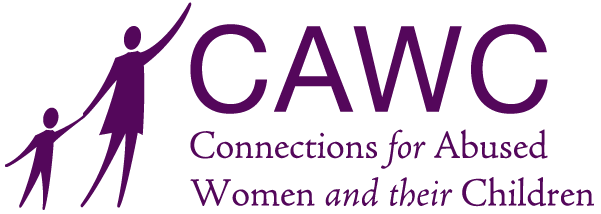Domestic violence is a critical social problem that affects not just abuse survivors and their children, but entire communities and their economies. Although many people may not realize it, domestic violence shelters offer sanctuary and targeted support to survivors in ways that are proven to be beneficial well beyond their open doors.
Here’s what you should know about the positive impacts of domestic violence shelters and services to survivors and society — and how you can ensure that they are able to continue doing so.
The Transformative Impact on Survivors
Domestic violence shelters aren’t just a safe haven; they offer key strategic services that help survivors to heal, become independent, and thrive in multidimensional aspects of their lives:
- • Crisis hotlines. Many shelters offer 24/7 hotlines that survivors can use in an emergency or for general counseling, which provides them with essential information and guides them in taking steps to get support.
- • Refuge. In offering housing for domestic violence survivors, shelters offer a physically safe space where women and their children can escape abuse.
- • Safety planning. Emergency shelter services help survivors devise safety plans for themselves and their dependents to prevent further violence or tragedy from occurring when they are outside the shelter.
- • Counseling services. Abuse survivors can get individual and group counseling for themselves and their children. This helps them to process trauma, begin healing, and identify crucial strategies for moving forward.
- • Legal advocacy. Shelters often provide or connect survivors with legal aid in navigating the justice system, including filing for Emergency Protection Orders, Protection Orders, and Restraining Orders. Many work directly with local law enforcement agencies to accomplish this.
- • Life skills development and key referrals. Survivors are connected with life skills training and referrals to other programs and resources that can help them live safe, stable, and economically independent lives.
The Ripple Effect on Communities
Domestic violence negatively impacts communities in multiple ways that have real costs. By minimizing these where possible and working to prevent further harm, domestic violence shelters provide these key benefits to local populations:
- • Improved public health outcomes and reduced cost burden. Domestic violence shelters can decrease the need for public medical and mental health services by enabling survivors to protect themselves and their families from further harm. Because abuse survivors are likelier to have babies with low birth weight, develop alcohol use disorders, be impacted by STIs, or be murdered by their abusers, shelters are vital in reducing harm to them, their dependents, other people in their lives, and to public health.
- • Reduced burden on law enforcement agencies. Effective intervention reduces the burden on police and legal systems by helping survivors to avoid further abuse that might otherwise result in 911 calls and additional legal procedures.
- • Increased socioeconomic productivity. Preventing abuse-related absences from work and fostering financial independence empowers abuse survivors to live more stable, productive lives and contribute to a more robust local economy.
- • Public education and breaking the cycle of abuse. Domestic violence shelter services play a crucial role in preventing the perpetuation of violence in future generations by offering counseling to children. Their public education programs also work to prevent abuse and violence among community members.
Protect Yourself and Others From Domestic Violence With CAWC
At Connections for Abused Women and Their Children (CAWC), we believe that everyone has a right to a life free of violence. Our mission to end domestic violence is rooted in education, service, and advocacy. In addition to working toward broader social change, our Greenhouse Shelter — which makes up 30% of all domestic violence beds in Chicago — provides empowerment-based and trauma-informed support in the form of housing, counseling, and advocacy to individuals affected by domestic violence and their children.
If you or someone you know is actively experiencing domestic violence, don’t hesitate to call our 24-hour hotline at (773) 278-4566. For non-emergency support, reach out through our contact form today.
Want to help us protect more women and children? You can impact the life of a domestic violence survivor or a child who witnessed domestic violence by donating to CAWC today or by supporting our work in other ways.
